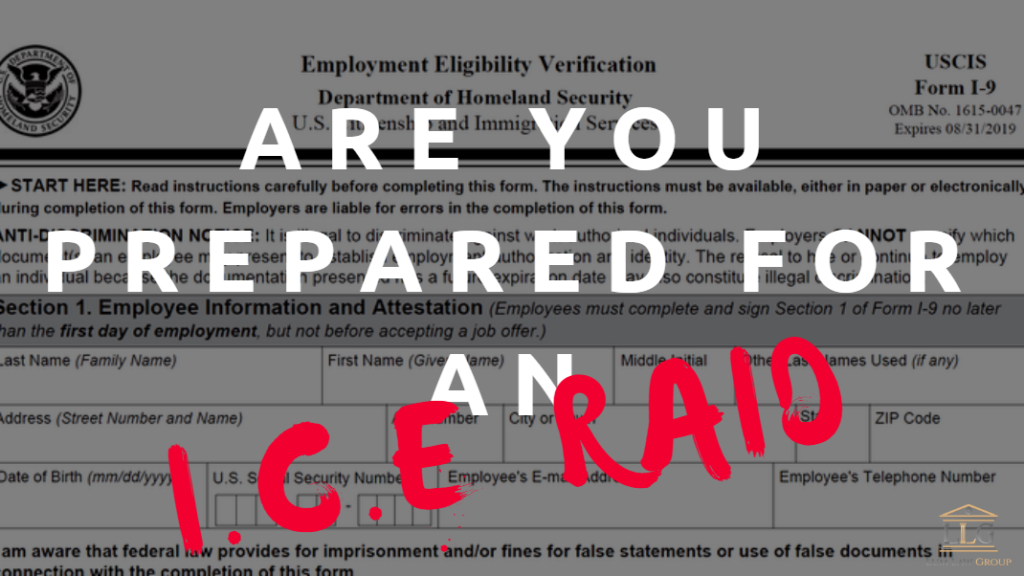Employers! Are you prepared for an ICE raid or I-9 Compliance Audit?

Since the beginning of the year, we’ve seen an increase in ICE employment site raids. Many attorneys discuss what to do when ICE knocks on your door–discussing your rights and responsibility of compliance, but here we’ll be advising the employer. If you’re small business owner, franchisee, or anyone who employs another person, this is for […]
Are There Restrictions on Who I Can Hire?

When you want your business to succeed, you need to start by looking at the people that you employ. These people are the ones who will help you make or break your business, so you want to find the best people possible. When hiring new employees, it can be difficult to make sure that you […]

